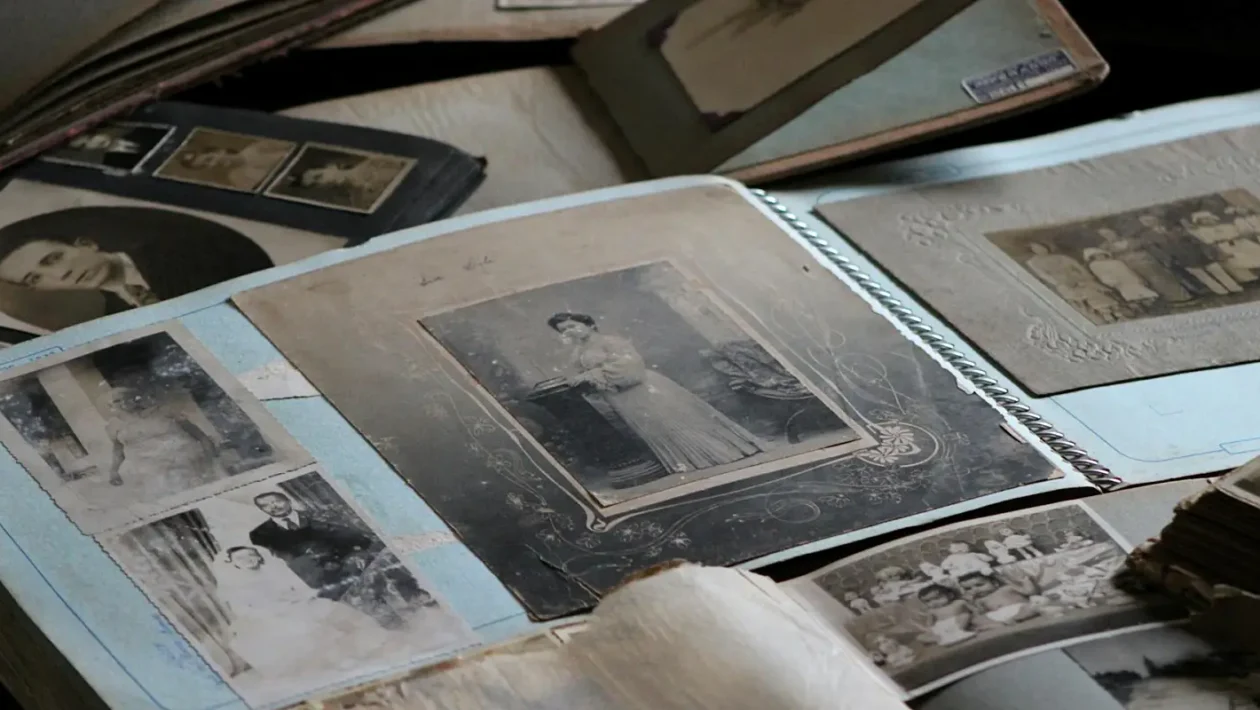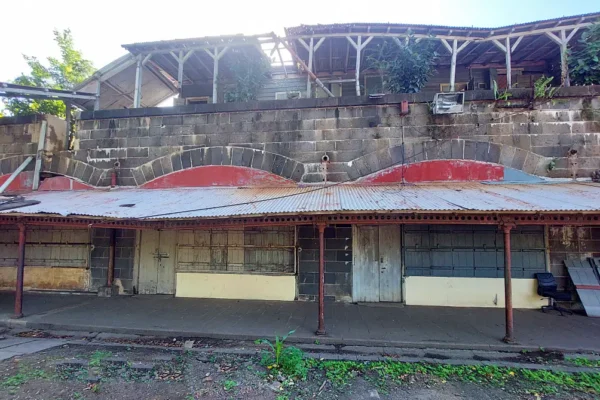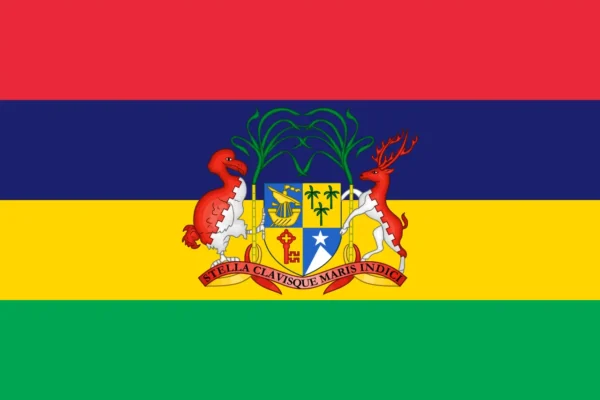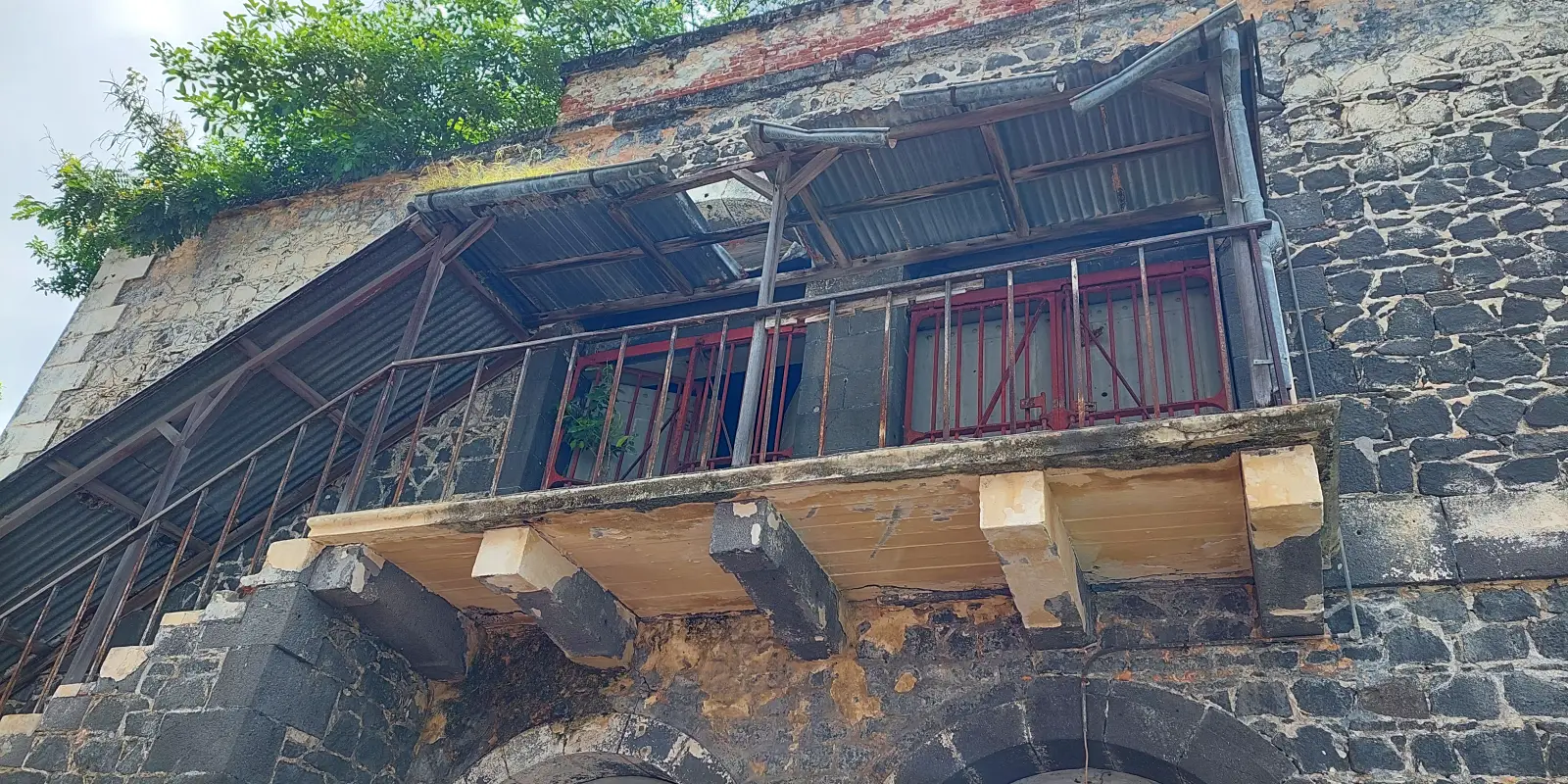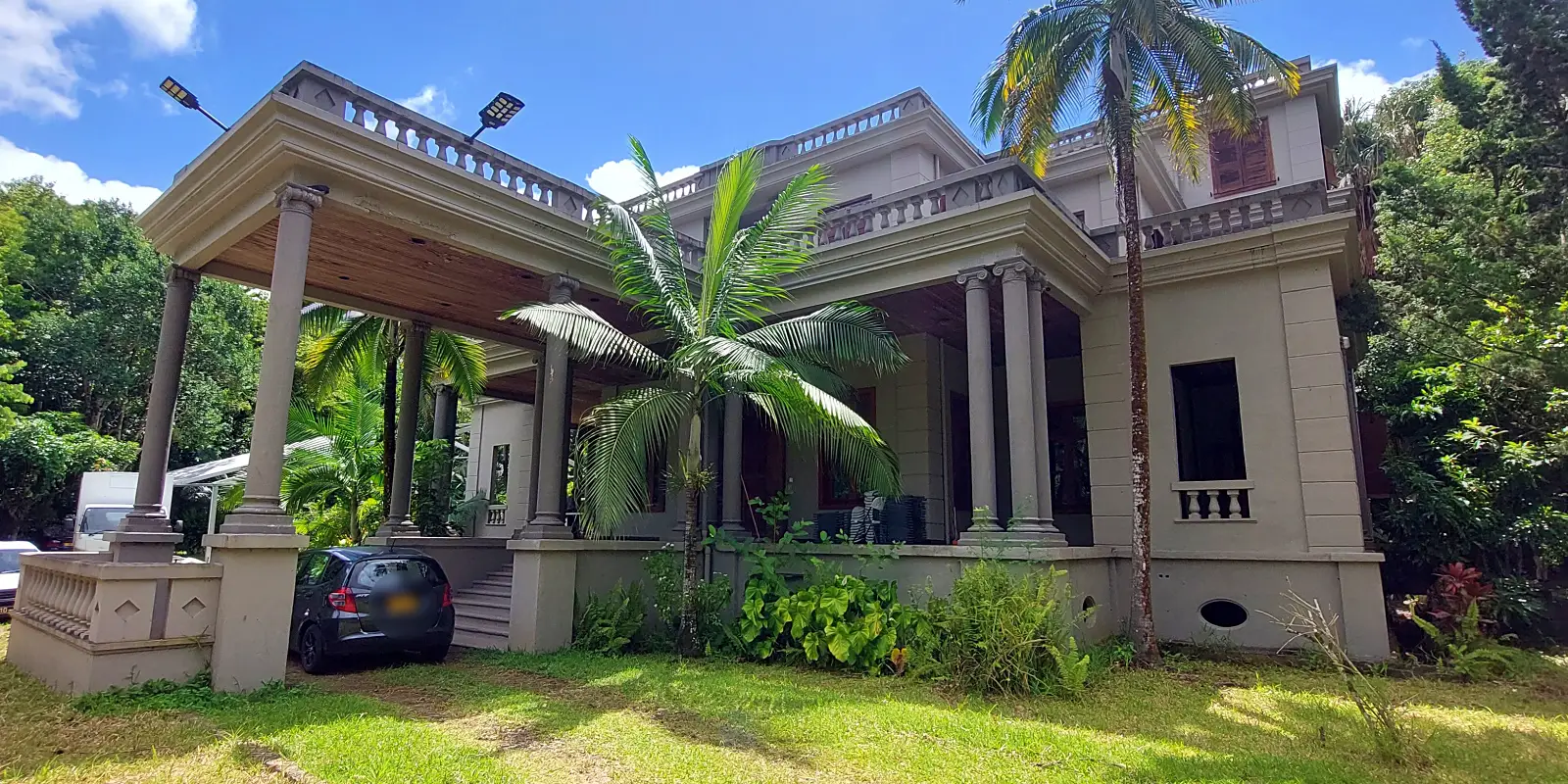In light of the fact that we are a cosmopolitan island with a wide diversity in cultures and beliefs, the extensive and traumatic history of our ancestors has inspired a significant number of Mauritians to investigate their lines of descent. Using this straightforward and concise guide, you will be able to understand the steps to look for your ancestors, which are methods that any Mauritian, including those who have moved to other countries, can follow.
African Slaves & Indian Indentured Laborers
Our island’s past is extensive. Since the 17th century, when the Dutch arrived at our island, slaves have been brought here. A few slaves were left behind even after the Dutch departed; some of them remained here until the French arrived in 1715. More slaves from other African countries, including Madagascar, Mozambique, and others, were brought over by the French. The British era’s 1845 abolition of slavery had a significant effect on Mauritius’s sugar industry.
After slavery was abolished, the British were compelled to bring in a new sort of labor to work in the sugar industry. The indentured laborer system was initially implemented on our island and subsequently spread to other countries such as Fiji, Trinidad & Tobago, and so on. Indentured labor is a type of contract in which the labor in issue works for a set period of time. The indentured laborers who arrived to Mauritius were from India.
Following the end of slavery, African who were slaves continued to live here, raise families, work in different sectors, and contribute to society. The same is true for indentured laborers, which ended in the 1920s, with some Indian families settling here and others returning to India. Those who opted to remain here purchased land, built homes, raised families, and continued to live.
Mauritius gained independence in 1968, and as a result of its diverse population, there are a variety of cultures, beliefs, races, and other characteristics.
We Are All Attached To Our Roots
Our history is beautiful, yet it is sometimes disputed and modified to serve the interests of some people. However, we cannot forget our past. Since our independence, the authorities have gathered several methods for researching our roots. People wanted to know more about their grandparents’ origins, how they arrived here, and why. Previous records have aided these duties; nevertheless, thousands of those records are likely missing, damaged, or possibly destroyed.
How To Trace Your African Ancestors In Mauritius?
- The first step is to gather information about your family. Based on your last name, go to your region’s civil status office and ask for an officer to assist you in researching your family. Obviously, bring your birth certificate and national identity card with you. The officer will examine all records, including your father, grandfather, and great-grandfather, until no record is found. Make copies of each of these documents.
- The last name is essential in this case. If you feel your family’s names have not altered, searching will be easier. After acquiring the relevant paperwork, you can visit the Nelson Mandela Centre for African Culture Trust Fund to look up your ancestors. They have a large collection of slave ancestral records that will tell you the slave owner your ancestors served for, the locations, and so on. The Nelson Mandela Centre for African Culture Trust Fund also has an online database where you can search for your ancestors. Please register and wait for a login before proceeding.
- If you have not found any relevant information, please visit the National Archives for additional investigation. This technique is difficult and time-consuming, but it can be beneficial. You can also visit the CGMR database (see below), which contains numerous records of slaves and freedmen obtained by transcribing acts digitized at the national archives.
Meet Stéphan Karghoo, The Director Of Nelson Mandela Centre for African Culture Trust Fund
I am delighted to introduce Mr. Stéphan Karghoo, the current Director of the Nelson Mandela Centre for African Culture Trust Fund, who has agreed to provide the following responses to a few inquiries about the research of African ancestry:
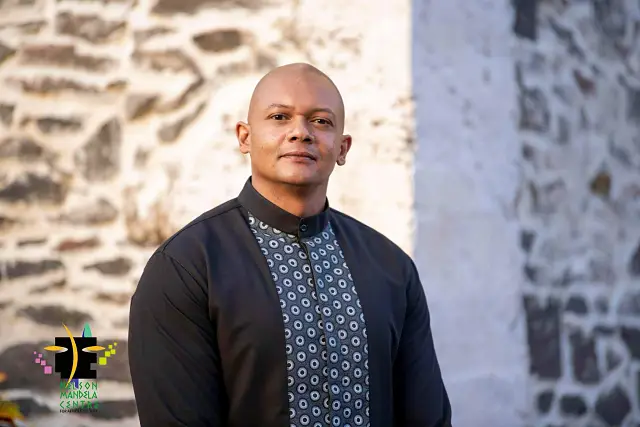
QUESTION: The Nelson Mandela Centre for African Culture Trust Fund comprises a research unit, and a slave database. In what ways may this department and tool assist locals in exploring their African ancestry?
Stéphan Karghoo: “The Nelson Mandela Centre for African Culture Trust Fund initiated the Genealogy Research Project since 2011 and continues to provide a database for researchers worldwide. The database is accessible online and at the Family History Unit for consultation. The research unit and slave database enable Mauritians to trace their African ancestry, particularly within the context of slavery. This helps reconstruct family histories, understand slavery’s impact, and engage with a decolonized perspective of their heritage. It also offers opportunities for self-discovery and cultural reclamation, empowering individuals to appreciate and honor their African roots.“
QUESTION: What if someone is unable to find his or her ancestors at the center? Is the National Archives the only remaining option?
Stéphan Karghoo: “If someone is unable to find their ancestors at the Nelson Mandela Centre, research in primary sources at the National Archives remains a key option, particularly for colonial records. Parish registers can also provide valuable details like baptisms, marriages, and burials. Additionally, if they believe their ancestors came as indentured laborers, the Mahatma Gandhi Institute (MGI) is a crucial resource for related records. The Civil Status Office is another avenue, offering access to birth, marriage, and death certificates. Lastly, oral history plays a significant role, as family stories passed down through generations can offer personal insights and complement archival research, providing crucial leads in genealogical work.”
QUESTION: As the center’s current director, how interested do you believe the locals are in looking up their ancestry?
Stéphan Karghoo: “As the Director of the Nelson Mandela Centre and as a Researcher, I have observed a surge in interest among Mauritians in researching their ancestry, driven by a desire to reconnect with personal heritage and understand the complex history of Mauritius, particularly concerning slavery and indentured labor. The Truth and Justice Commission’s 2011 reports highlighted historical injustices related to these systems, reclaiming the importance of lost histories. The documentary ‘Ni chaînes ni maîtres’ has also brought these issues to the forefront, inspiring personal reflection and engagement with the island’s past. The Centre has seen more people seek resources and support to uncover their family stories, connecting with both personal and collective history.”
How To Trace Your Indian Ancestors In Mauritius?
- The first stage is the same as for the African ancestors investigation mentioned above. Go to your regional civil status office with your national identity card and birth certificate and request that an officer assist you in tracing your grandparents based on your last name. The final record will include an immigration number next to the name. It is your ancestor’s immigration number, indicating that they were the first of your ancestors to arrive in Mauritius. Remember to print out all birth certificates.
- Proceed from that immigration number to the Mahatma Gandhi Institute Immigration Department in Moka. Bring both your birth certificate and your ancestor’s birth certificate, which includes the immigration number. Give it to the officer there, and he or she will conduct the appropriate search in their records.
- After a few days, the officer will reach out to you regarding your ancestral information. This document will reveal to you which ship your ancestor arrived at, from which region of India, and for whose sugar estates he or she worked. Unfortunately, not everyone will receive all the details. Certain information, such as the district, area, or sugar estates, may be absent. If your ancestor was photographed here, you may obtain a photo of him or her. Keep in mind that photography was brought into the world in the 1860s. Because the first class of Indian indentured laborers arrived in the early 1840s, there was no photography at the time; therefore, if your ancestor arrived between 1840 and 1860, he or she is unlikely to have been photographed. However, this practice of photography was resumed in the 1880s, so if your relatives were still living at the time, there is a chance he or she was photographed.
- After gathering all the necessary information, you can reach the Indian Embassy to track down your ancestor’s family members in India. It does have some financial implications. Furthermore, if you meet the requirements, you can apply for an Overseas Citizen of India (OCI) card.
The MGI solely keeps records on Indian indentured laborers. Not all Indian-origin families were indentured. If your ancestor came here as a non-indentured laborer, the national archives are the best place (see below). Transcriptions of civil status indexes contain some data on Indian immigrants or their descendants.
Babita Bahadoor, A Researcher, Has Explained Us The Growing Interest In Indian Ancestry
Babita D. Bahadoor is a History Researcher, heritage professional, hobbyist photographer, writer, and former part-time lecturer at the University of Mauritius. She has specialized in the history and heritage of Mauritius with an MA in Historical Studies, and MA in Heritage Management. She has published several articles related to the history of slavery and indenture in Mauritius and is the author of “Bras d’Eau: The History of a sugar estate in Mauritius”, published in 2019. Her ongoing research focus on the history and heritage of slavery and indenture in Mauritius and elsewhere, as well as, the socio-economic mobility of women during the 19th and 20th centuries Mauritius.
Babita Bahadoor has answered some important questions as follows.

QUESTION: There is a growing interest among people in tracing their Indian origin. Why do you believe people nowadays are so interested in learning about their ancestors?
Babita Bahadoor: “Many people seek knowledge about their ancestral roots as for many of them, it is a quest for identity (le sens d’appartenance) and an incessant urge for the recognition of the achievements of their forebears who bravely crossed the <Kaala Paani> to find better lives in an unknown land. In 1935, a stone obelisk to commemorate the centenary of Indian colonization in Mauritius, was unveiled on the premises of the Arya Sabha Mauritius, Port Louis. It was the first commemorative ceremony, in remembrance of Indians who came and settled in Mauritius. Tribute and remembrance have been maintained over the years through prayers, Yaj, and commemorative ceremonies like the Anniversary of the Arrival of Indentured Labourers in Mauritius commemorated each 2nd November. Other significant reasons are for the safeguarding and transmission of cultural heritage to the new generation. Some have even gone further to search their ancestral village in India. Since the introduction of People of Indian Origin (PIO) card in 2000, many Mauritians have been seeking their ancestral origins so as to maintain connections with mother India, , because the PIO Card Scheme offered benefits such as travel, socio-economic benefits, employment, and educational opportunities. However, the PIO Card scheme came to an end in 2015. And, in 2017, the Prime Minister of the Republic of India, Narendra Modi proposed converting the PIO card to the Overseas Citizen of India (OCI) card, offering similar benefits such as multiple entry visas, exemption from police reporting, and parity with NRIs in financial, economic, and educational fields. Many Mauritians and Indian immigrants travel to India for studies, business, medical treatments, leisure, and to explore the rich cultural heritage of India as cultural tourists. Another common reason is to reconnect with the <unknown> lineages.”
QUESTION: The MGI is the sole place to receive information about one’s Indian background. However, the MGI only keeps data for individuals who arrived as indentured labourers. How can someone trace his or her ancestors if the latter is not an indentured labourer?
Babita Bahadoor: “The Mahatma Gandhi Institute (MGI) is not the only repository where one can trace his/her ancestry. Historical evidence shows various categories of Indian immigrants who came to Mauritius during the 18th and 19th centuries, such as skilled workers (artisans), enslaved workers, convicts, indentured labourers, merchants, and traders. To simplify the search, one must take into consideration two categories of Indian immigrants in Mauritius: Indentured labourers, and Free passengers. Indentured labourers were those who signed a contract of 3 – 5 years to work in the sugar industry of Mauritius (sugarcane plantation and sugar production). They mostly originated from the Bengal, Bombay and Madras Presidencies. The non-Indentured labourers, termed as <free passengers> consisted of South Indian traders and Gujarati merchants and artisans. We must also consider the fact that some of the free Indian passengers (who were non-traders) would later engage themselves as indentured labourers on sugar estates in Mauritius. As far as concerned to Free passengers of Indian and non-Indian origins, the records can be found at the National Archives Department of Mauritius at Coromandel. For those who found out that their forebear was not an indentured labourer, then you will probably come across a <Passenger Number>. The difference between an Immigrant and Passenger number is that the Passenger Number provides an identification number together with the year when his/her ancestor was registered. Details of the Passenger No. can be obtained in the Z2D Series at the Mauritius National Archives Department of Mauritius. The Z2D series are archival records of the Passport Office falling under the Police Department which contains the List of Free Passengers inwards from 1826 to 1956. Once, one has been able to find the Passenger No., he/she will be able to access the Z2D records. However, compared to an Indentured Immigrant, very few information is available regarding that of a Passenger.”
The One and Only Mauritian Genealogy Association
The Cercle de Généalogie Maurice-Rodrigues (CGMR) is a registered association that offers genealogy services in both Mauritius and Rodrigues. They assist people in establishing their family tree. People with French or British ancestors can benefit greatly by consulting CGMR, and the same goes for African and Indian origins, as there records that have been transcribed and digitalized from the National Archives.
Their website, https://genealogie.mu/, contains an online forum for asking questions, cemetery records, and other important information. The CGMR is handled by volunteers from Mauritius and other countries that specialize in specific duties such as digitalization, transcribing, and so on. They also collaborate with the Société de L’histoire and other organizations. You may also join as a member for a low charge. You can also support their efforts by making a donation.
To use the CMGR database for genealogy research, you must sign up. Once they get your request, they will approve your profile, and you will be able to begin your search for free!
Henri Medan, One Of The Founders of CGMR Explains Us The Aim Of The Organization
The non-profit organization is contributing massively in the world of genealogy in Mauritius, since the early 2010s. Henri Medan, the actual president of CGMR, has accepted to give us more details about it.

QUESTION: What is the role of CGMR in the research of ancestry?
Henri Medan: “The role of the CGMR is to facilitate the search for ancestors by posting on its site transcriptions of acts that the association has digitized since its creation (Mauritian National Archives, archives of Catholic, Anglican and Presbyterian dioceses, index of ‘marital status). This data allows Internet users to progress in establishing their family tree.”
QUESTION: Apparently, CGMR will make it easier for those of Franco-Anglo origins to search for their ancestors. Correct?
Henri Medan: “Yes, that’s correct. In fact, this is due to the fact that the archival documents are more complete for this category and that once we have reached the newly arrived ancestor, we can go back further into the country of origin by searching in the archives in line abroad. For others, it is more difficult to go back beyond the 18th century. In any case, the difficulty of research in Mauritius concerns people of all origins for the period 1811 – current era, where access to civil status documents is blocked.”
QUESTION: “What are the future of the association?”
Henri Medan: “Attract more new members to fund the association’s expenses and further consolidate its database. And above all, to be better recognized by public authorities in its role as a facilitator for genealogical research.”
Conclusion
In this article, the steps that you need to do in order to research your genealogy in Mauritius have been outlined in detail. Additionally, this post has included a number of key organizations that can assist you with your research, such as the Nelson Mandela Centre for African Trust Fund and the Cercle de Généalogie Maurice-Rodrigues (CGMR).
Author & References

Author: Ali J | Date Published: October 8, 2024 | Last Updated: NA
References: MGI, CGMR and Nelson Mandela Centre.
Special Thanks: Stéphan Karghoo, Babita Bahador & Henri Medan.

